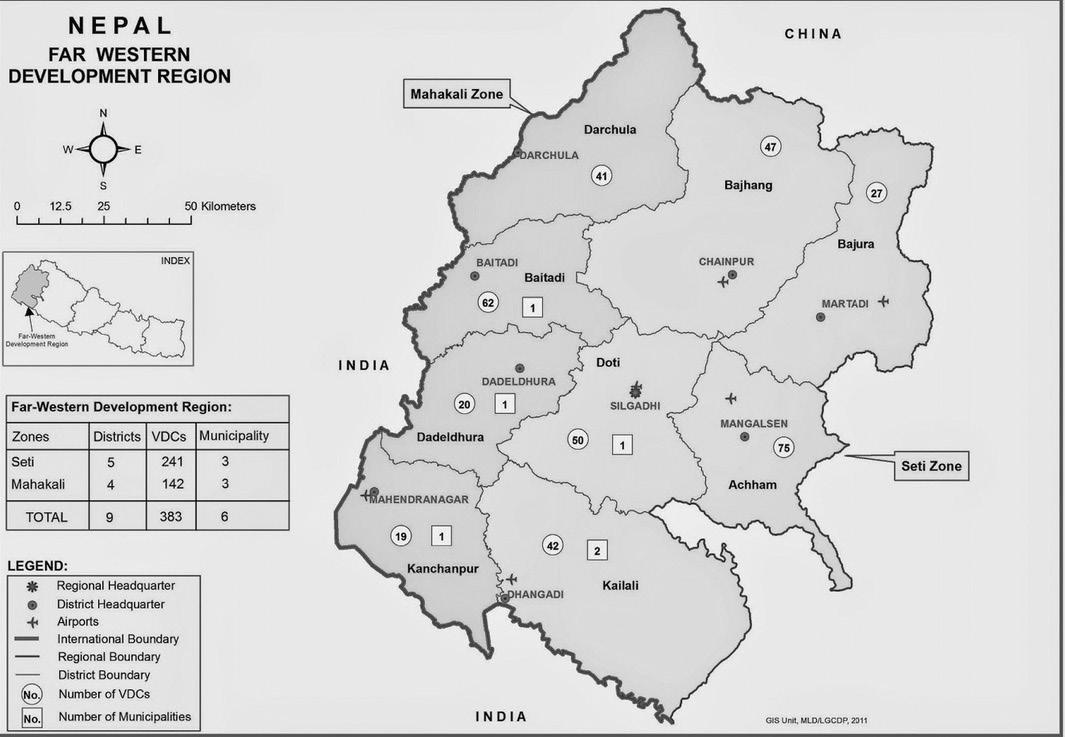physical thrift stores into Latin American countries is a slow process, online secondhand apps should be utilized by Latin American customers. Recently, online consignment brands such as ThredUP, Poshmark, and DePop have rapidly grown in the US and UK.43 To increase sales, online consignment site, ThredUP, has taken full advantage of the fast growing ‘Instagram influencer’ trend. Many influencers with a following of hundreds of thousands of people get paid by consignment brands to advertise for them.44 In doing so, they often provide their followers with discount codes for the advertised brand.45 This method of advertisement has worked remarkably well in the US and could easily be implemented into Latin American social media. Consignment brands looking to spread the message of sustainable shopping internationally should identify Latin American social media influencers or celebrities and provide them with identical branding opportunities. The followers of the influencers will admire their influencers’ efforts to live more sustainably and will be given an incentive to shopping second-hand.
RECOMMENDED SOLUTION It is in the best interest of Latin America to implement all of these strategies over time. However, considering the current state of the environment and the hypothesized future of Latin American fast fashion,46 there is an urgent need to take significant action now to target the current and future consumers of fast fashion. The recommended solutions here are to combine efforts that will address the existing consumers of fast fashion (Solution 4 43 Fox, MeiMei. “Why Secondhand Clothing Is Cool -- For Your Wallet And The Planet.” Forbes. Forbes Magazine, April 21, 2017. https://www.forbes.com/sites/ meimeifox/2017/04/21/why-secondhand-clothing-iscool-for-your-wallet-and-the-planet/#1f8a2ffc33c3. 44 Teneva, Dimira. “Influencer Marketing, Promo Codes and Referral Links.” Metrilo Blog, February 10, 2020. https://www.metrilo.com/blog/influencer-marketingpromo-codes-and-referral-links. 45 Teneva 46 “Growing Retail Companies in South America.” Fashionbi, 2013. https://fashionbi.com/newspaper/ growing-retail-companies-in-south-america.
and Solution 5) with efforts that will work to prevent prospective consumers from shopping fast fashion in the future (Solution 2 and 3). Fast fashion marketers are effective in their approaches. They know their audience and they know how to gain sales. In recent years, they have capitalized on the sustainability trend by gearing their advertisements towards the consumers who care about shopping responsibly.47 However, these brands are far from sustainable. Like most marketing campaigns, they mislead their customers without having any standards or regulations to impede them. Solutions 4 and 5 would utilize the UN Alliance for Sustainable Fashion to educate customers on the realities of their shopping habits. A company’s annual reports are accessible to the public however seldom are they read. The UNASF has the capacity to implement a sector of their members that is in charge of reading those reports and deciphering the truths about their harmful production and waste habits.48 Additionally, the lack of solid definitions and standards for such commonly used terms (ecofriendly, sustainable, green) contributes to the greenwashing of consumers.49 If the UNASF created a set of standards for brands to be able to label their products as sustainable with an official, universal certification mark,50 the vast majority of ‘eco-friendly’ fast fashion lines would either diminish or the brands would work to create actual environmentally responsible garments and the Latin American consumers who care for the environment would look to shop from retailers that meet those standards. To prevent future generations from falling into the fast fashion cycle, younger populations should be targeted through education efforts (Solutions 2 and 3). Modeling Latin American schools after Green Ribbon schools would engage students in conversations about the significant impact their shopping habits have 47 Chan, Emily. “What Are Fast Fashion Brands Doing to Tackle Fashion’s Sustainability Problem?” Vogue Australia, July 30, 2019. https://www.vogue.com.au/ fashion/news/what-are-fast-fashion-brands-doing-totackle-fashions-sustainability-problem/image-gallery/00 db9acbbb9cb5da053486ae2f3dc59b. 48 Home, UNASF. 49 Bussé, et. al. 50 Bussé, et. al.
Vol. 12, Issue 1
December 2020
29





